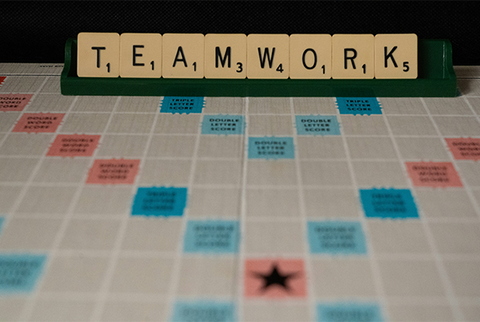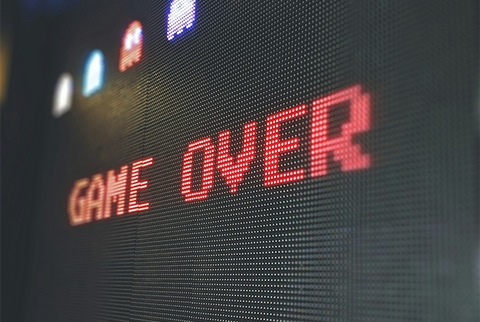
With pub quizzes gaining in popularity over the last decade, it’s becoming clear that America’s love affair with trivia is only increasing and spreading its roots to other venues and situations. From parties to fundraisers, it’s no surprise that trivia is in high demand with companies large and small, helping to bring teams together and foster an environment of fun and camaraderie. Here are a few tips on running your own team building trivia night.
Why is trivia good for team building?

- It’s collaborative. Team trivia uses questions as an avenue for problem solving. Because everyone has their own set of skills and interests, when you run a quiz with varying question categories and difficulty levels, every team member has something to offer.
- It’s fun! Who doesn’t like a little competition? Whether they’re competing for bragging rights or prizes, team members will enjoy working together to vie for the top spot.
- It gets team members talking. Nowadays, it seems that water cooler talk has taken a back seat to Zoom calls. People are comfortable working on their own, but it’s important to bring team members out of their offices to collaborate with others. Even if it actually is over Zoom!
Trivia Questions for Team Building

Organizing Virtual Team Building Trivia

Planning the Event

To ensure a successful trivia event, plan ahead. Set a date and time that works for everyone and send out invitations early. Communicate the trivia night rules and structure in advance, including information on rounds, scoring, and any prizes. This is important because it will save time on the day of the event. Arrange for prizes or incentives to motivate participation, and decide how you would like to divide up teams. This may be a great opportunity to encourage department cohesion and competitiveness, but is also a chance to match up team members that would not normally work together.
During the Event

On the day of the event, set up the venue or virtual platform. Hopefully all team members did their homework, but it would be a good idea to review the rules. Start with a brief introduction to the trivia event, outlining the rounds and the overall schedule. Keep the event interactive, allowing participants to ask questions or seek clarification on the trivia questions. Regular breaks can help keep energy levels up and provide a chance for participants to mingle or discuss answers with their teams.
Concluding the Event

